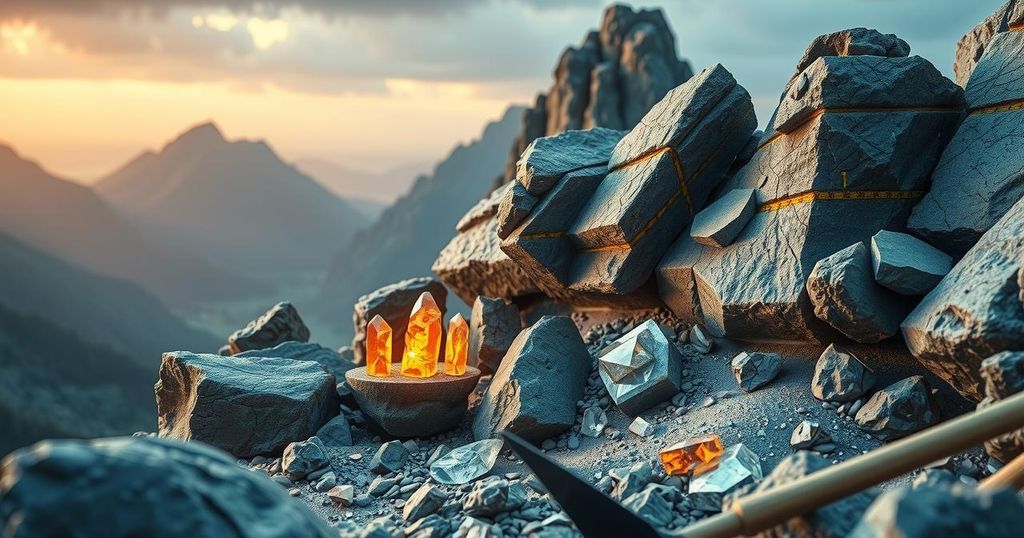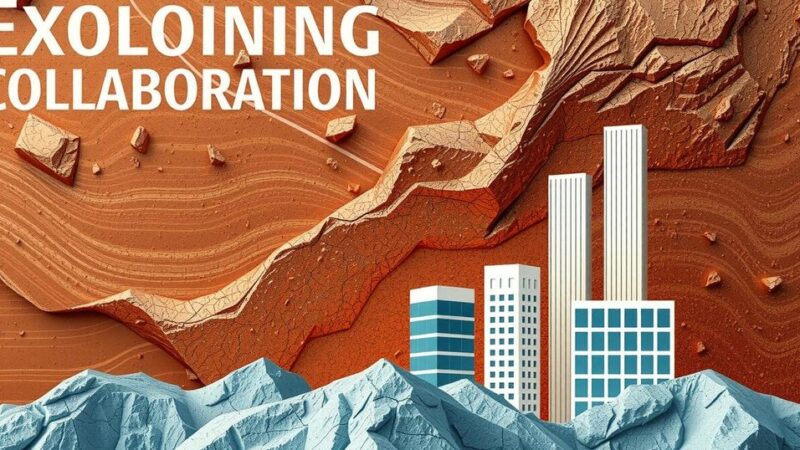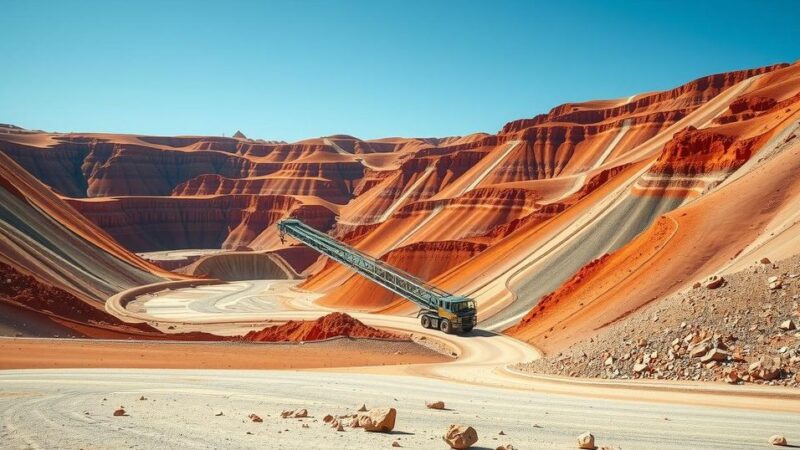By 2025, competition for essential minerals like lithium, cobalt, and nickel is set to increase as governments in Europe and North America aim to reduce reliance on Chinese supplies. Resource-rich nations are responding to this demand surge while grappling with environmental and social implications. The report outlines ongoing challenges, including conflicts linked to mining operations in the Democratic Republic of Congo, Chile, Brazil, and the Philippines. As nations implement new strategies, the global community must prioritize ethical practices in mineral sourcing.
The competition for critical minerals essential to renewable technologies is projected to intensify by 2025, as European and North American governments seek to lessen their dependence on China for these resources. With the International Energy Agency predicting that the demand for ‘net zero’ minerals may nearly triple by 2030, mining operations for lithium, cobalt, and nickel in nations like Chile, the Democratic Republic of Congo, and the Philippines are accelerating.
Resource-rich countries are not only attempting to capitalize on this global mineral rush but are also increasingly concerned about the environmental and social implications of mining within their borders. During COP29, U.N. Secretary-General António Guterres cautioned that the transition to greener energy may provoke a “stampede of greed” detrimental to marginalized communities. This growing trepidation highlights the need for ethical practices as demand surges.
In the Democratic Republic of Congo, which possesses the majority of the world’s cobalt reserves, foreign companies, predominantly Chinese, control much of the mining sector. This geopolitical landscape fuels conflict, as over 120 armed groups vie for dominance in the eastern provinces where poverty and violence persist. The situation has drawn scrutiny from electric vehicle manufacturers, particularly following criminal complaints against Apple, accused of using conflict minerals in its supply chains.
Chile, holding vast lithium reserves, is the second-largest copper producer and is grappling with the environmental impacts of lithium extraction in the Atacama Desert. This process threatens local water supplies critical to Indigenous communities and ecosystems. The Chilean government has plans to take control of the lithium industry, prioritize sustainable practices, and develop a minerals strategy, potentially investing $83 billion by 2033.
In Brazil, mining activities have surged amid escalating conflicts involving Indigenous peoples and local communities. A recent report identified numerous disputes over land and resources, affecting over 100,000 individuals. As Brazil enhances its mining initiatives, particularly related to lithium, efforts will likely intensify in sensitive regions like the Jequitinhonha Valley.
The Philippines, as a significant nickel producer, faces threats to biodiversity and the rights of Indigenous communities due to increased mining for critical minerals. The government aims to incentivize domestic processing of these resources to boost its electric vehicle initiative. However, these ambitions conflict with land rights and biodiversity preservation, with Indigenous Filipinos losing significant portions of their ancestral lands to mining exploitation.
The race for minerals necessary for renewable technologies represents a global economic shift towards sustainable energy sources. As climate concerns rise, nations are increasingly focused on securing resources crucial for electric vehicles and energy storage. Countries rich in minerals, such as cobalt, lithium, and nickel, are navigating complexities such as geopolitical tensions, environmental concerns, and the rights of Indigenous populations affected by mining activities. Understanding the implications of these developments is vital for ensuring equitable and sustainable mineral resource management.
The impending race for critical minerals by 2025 underscores the dual challenge facing nations: fostering economic growth through mineral extraction while addressing the accompanying social and environmental concerns. With increased demand for sustainable energy, resource-rich countries must balance the benefits of mining against the risks to their communities and ecosystems. The global community must remain vigilant in ensuring that ethical sourcing practices are prioritized, safeguarding the rights and welfare of all stakeholders involved.
Original Source: www.context.news







